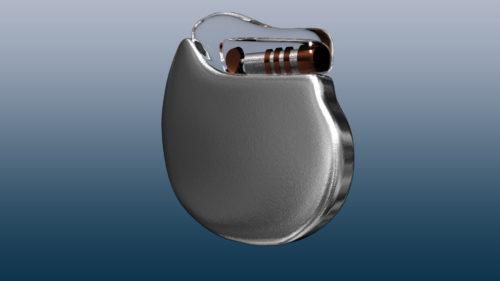Artificial Cardiac Pacemaker

What makes your heart beat?
The heartbeat is created by an electrical signal that starts in the right upper chamber of the heart called the right atrium. This signal is produced in the area of specialized cells in the atrium called the sinus node. From here, this electrical signal moves down a cluster of special cells in the heart that makes the heart beat.
What is a heart block?
In people with heart block, this electrical signal that controls the heartbeat is partially or completely blocked from reaching the lower chambers called the ventricles of the heart. And this block may cause your heart to miss or skip beats, making you feel dizzy, lightheaded and even faint.
What is a Pacemaker?
A pacemaker can be implanted across people of all ages. It is implanted under local anesthesia that means you are awake when the device is implanted.
This small device is implanted in your chest, underneath your skin, under the clavicle bone with a minor surgery. From this device, there are small wires that go all the way into your heart and then monitor every beat of your heart. if your heart misses or skips a beat, the pacemaker sends electrical impulses to the heart so this can be corrected.
Your doctor may keep you in the hospital for a day or two to make sure everything is working well.
Things to look out for:
- Fatigue or being tired
- Feeling of skipped beat or missed beat
- Shortness of breath either at rest or when you walk
- Dizziness, passing out or the feeling of passing out
- Chest pain
There are different types of pacemakers and the type of pacemaker that you need is determined by a cardiologist. If you have any of the problems, you should go to a cardiologist and get yourself checked.
Disclaimer: This content including advice provides generic information only. It is in no way a substitute for qualified medical opinion. Always consult a specialist or your own doctor for more information.
